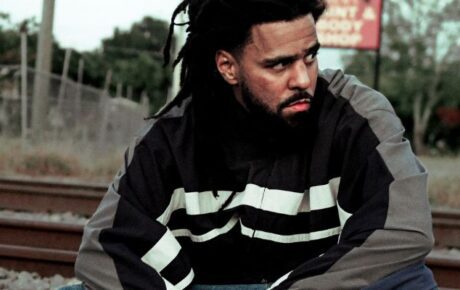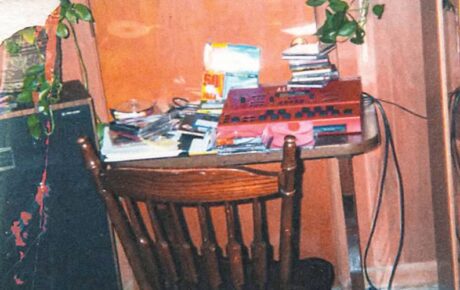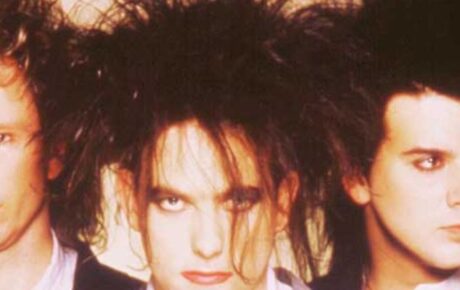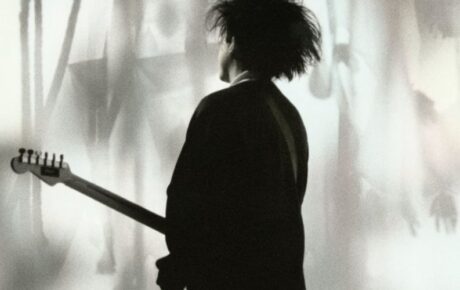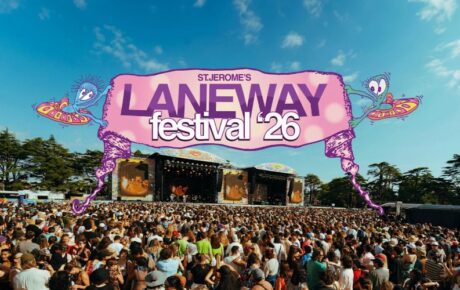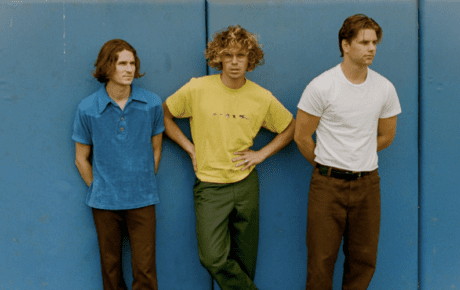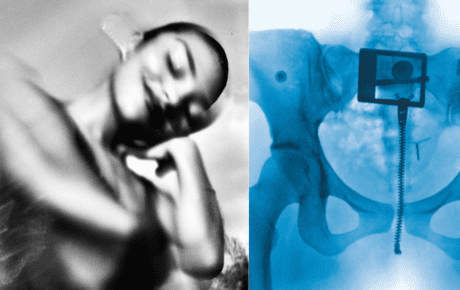With hindsight, a seat at one of ABBA’s six London shows on their 1979 tour sounds like the ultimate golden ticket. Demand more than outpaced supply even at the time, but no one would have guessed it would be fans’ final opportunity to catch the Swedish supergroup live in the UK. For those who missed it, the Live At Wembley Arena album, originally released in Europe on September 29, 2014, offers all the evidence you need of ABBA in their prime.
An enormous impact
The signs were already there. Despite their phenomenal success, ABBA’s tours had been ambitious but brief. The conflicting pressures of a busy recording and promotional schedule, alongside family commitments and Agnetha Fältskog’s established hatred of flying, all contributed to a relatively light set of appearances across the decade. When the group did go out on tour, they made an enormous impact (the 1977 Europe and Australia jaunt is the stuff of legend), but you had to be quick to catch them.
The reissue of Live At Wembley Arena as a deluxe 3LP vinyl package offers fresh opportunity to appraise the band at the peak of their powers. Across those London gigs, the four-piece played 23 songs spanning their career to date (there were two additional instrumental interludes and a contribution by backing vocalist and later Agnetha collaborator Tomas Ledin, which is omitted from this release). The big hits are here – “Voulez-Vous”, “SOS” and “Does Your Mother Know?” – but there is an interesting scattering of lesser-known tracks, too.
Beyond expectation
As you might expect from a band proud of its sterling reputation as a largely studio-focused collective, the reproduction of those singles – already emerging at the end of the 70s as standards – is extraordinary. “SOS” and “Fernando,” for example, soar with pitch-perfect arrangements supporting on-point vocals. It isn’t easy for any act to make complex recordings sound this great live, but ABBA proved more than able to match the touring scale of rock titans such as Queen and The Rolling Stones: it took no less than four trucks to get the group onstage in an era when one might have been considered sufficient. The 1979 tour was a big deal, though, with earlier dates that year focused on delivering a sustained US breakthrough. The 18 North American gigs represented a major time commitment for ABBA, but also allowed the crew and band to improve the shows beyond expectation. For lucky European audiences (and those at the following year’s Japan shows), ABBA was as tight onstage as they would ever be.
The individual songs on Live At Wembley Arena largely need little introduction. “Eagle,” which secured a single release in some markets, plays up its bombastic pop-rock colors and arguably outranks its studio appearance from ABBA: The Album. One of the joys of this setlist is the confident change of pace it routinely delivers. Following “Eagle” you find the sugar-sweet “Thank You For The Music” (finally released as a UK single in 1983). It’s quite a leap, but it’s this magpie-like ability to pull on different influences and showcase contrasting styles, while still bringing their entire audience with them, that marks ABBA’s genius. The very next track, “Why Did It Have To Be Me?,” romps along like the mutant music-hall child of Carpenters and Status Quo. It’s an exhilarating ride.
The greatest pop band of all time
The between-track talk is kept to a minimum as the manifesto is simple: serve up the songs and keep people singing and smiling. “Hole In Your Soul,” for example, sees ABBA reach their rock extremities and is a joyful, urgent stomper, perfectly straddling the glaminfluences of the breakthrough “Waterloo” and their later, glossy pop repertoire like “Take A Chance On Me” (another highlight of the performance).
One of the other draws of this unique recording is that it offers the only opportunity to hear the striking ballad “I’m Still Alive,” written and performed by Agnetha. A beautiful composition, it would certainly rival other classic ABBA love songs, like “The Name Of The Game,” if it had ever been given a single release.
Uniquely captured from a single night’s show – November 10, 1979 – Live At Wembley Arenaoffers a succinct snapshot of the supergroup’s unique trinity of influences: of the final three songs, “The Way Old Friends Do” (later released on the masterful album Super Trouper) represents the Swedish folk at the heart of Benny and Björn’s undeniable gift for melody; “Dancing Queen” speaks to the universal, uplifting power of dance; and “Waterloo’ offers that sharp and witty spin on a deceptively simple pop hook. There it is: the DNA of the greatest pop band of all time.
Many were too young or too unlucky to see ABBA on those shows across late 1979 and early 1980. At least someone had the foresight to capture it for posterity. Thank you for this music, indeed. No one should deny that ABBA’s eight studio albums remain unbeatable; no one would dare suggest the will-it-ever-really-happen semi-live reunion won’t be amazing (we’re still holding our breath, by the way…); and no one will claim this is as good as being there… But sometimes second-best is more than enough.
Article originally published on uDiscoverMusic.com.
SEE ALSO: How ABBA’s ‘Waterloo’ Performance Won The Eurovision Battle

